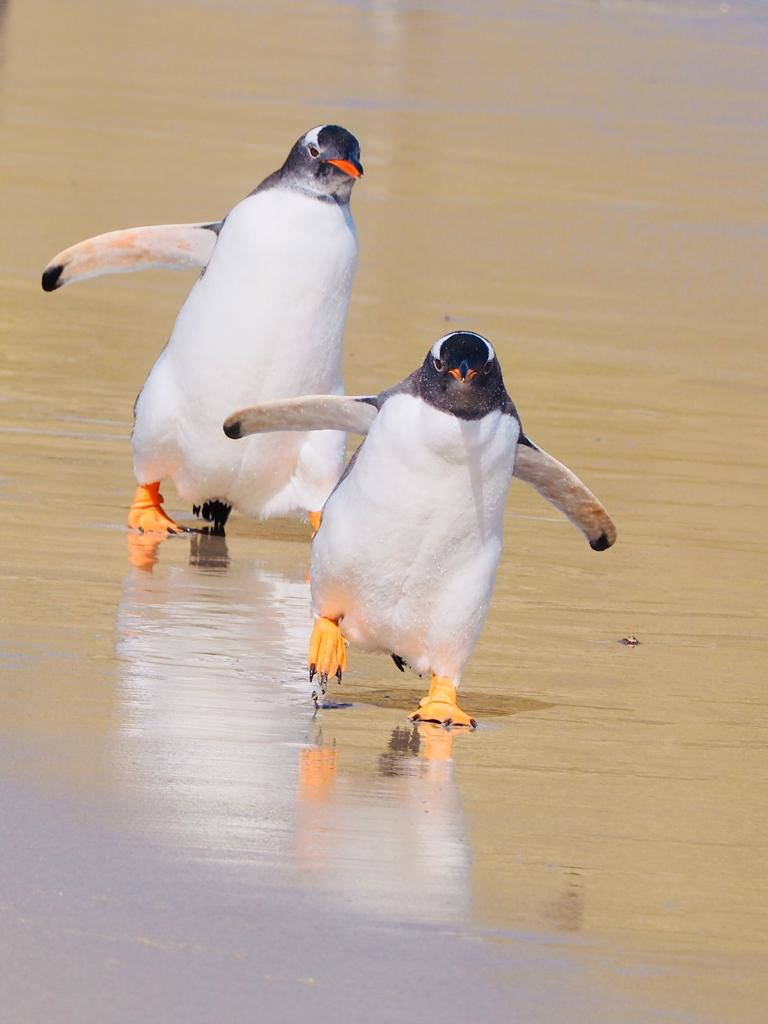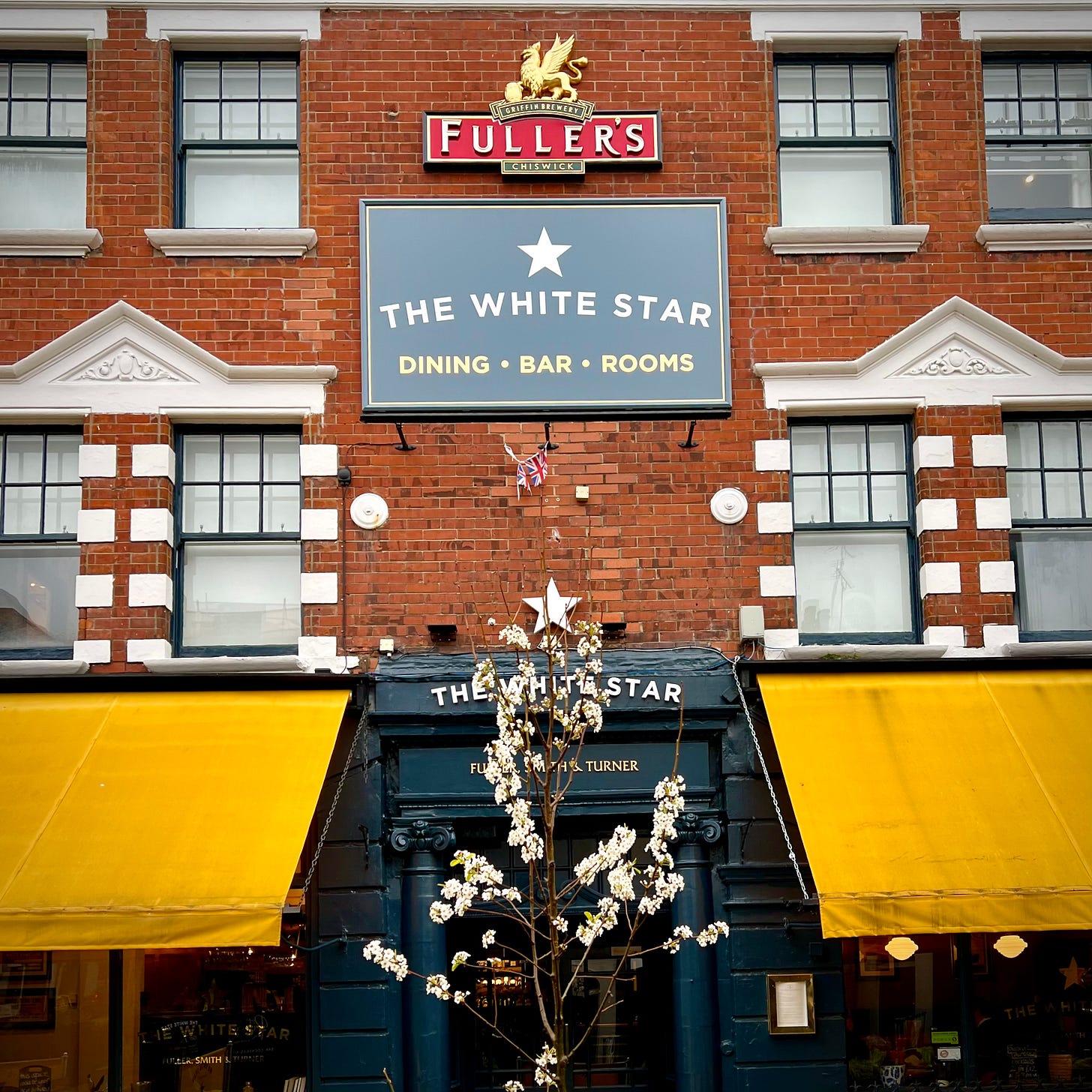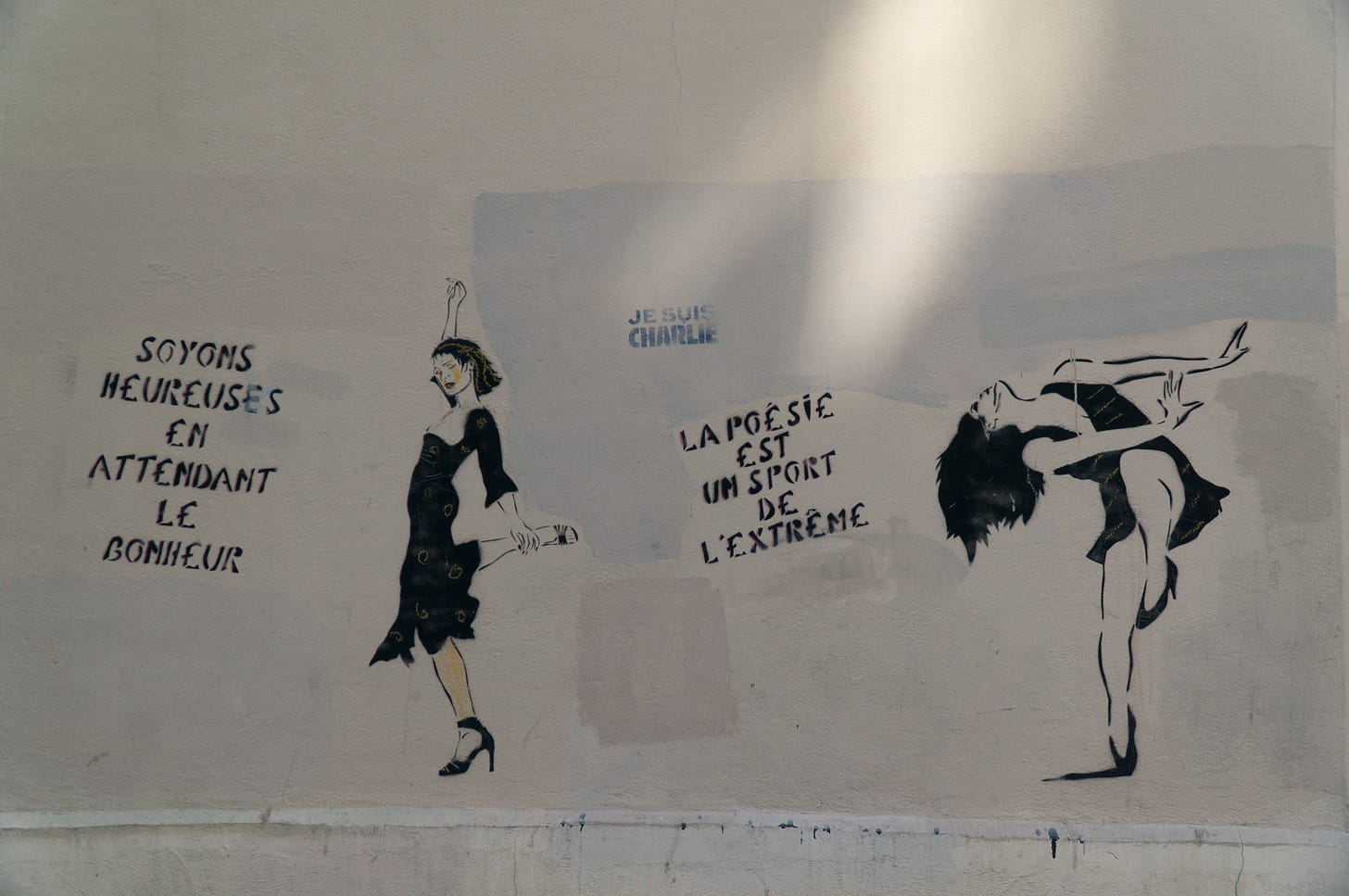Hauntology: the return of the repressed
I’ve been scrabbling around for a new theme, ever since my last posts on the three pillars of ‘the good life’; meaning, friendship and love. It’s been hard to know which direction to take.
But, there it was hiding in plain sight: the concept of, ‘Hauntology’.
I always said our God’s House Tower Stanza Poetry Group, would influence the content of our collective writing by virtue of its situation and layered history.
We meet in a glass roofed annexe with stone walls, over the remains of a sewage canal ,built in 1794, which in the past connected the town ditch to the sea. We enter the room under surviving spandrels, once the top of a gunport.
God’s House Tower began as a 13th century gatehouse to the Old Town of Southampton; it has served as a fortification, a prison and where we meet on the ground floor, was a mortuary before its current reincarnation in 2019 as an Arts Centre.
Moreover, it is a stone’s throw from the quay where the Titanic began its first and last voyage.
So there’s no shortage of ghosts pressing on our collective imagination.
Travel can be such fun
Mike and Fiona are over from Australia. I choose the lounge of the White Star Hotel, for our first meeting for twenty years or so . . . We converse in cheerful tones, where Titanic passengers once bought tickets; travel can be such fun, within safe limits. Mike tells me: ‘First we went to Buenos Aires then to Ushuaia at the tip of South America, there we caught a boat to the Falklands, past South Georgia, with huge mountains and Fiords, and Cape Disappointment, and onto the Antarctic Peninsula, South Orkneys and South Shetlands, where we saw six breeds of penguin, and back to Buenos Aires, and onto the Iguaza falls, best seen from both sides, from Brazil for the panorama and Argentina for the high plateau, onwards to the Rio Carnival, the biggest five day party ever, the girls wear bikinis the boys tutus, and sometimes nothing at all, then off to Barcelona, and a cruise to Marseille, via Genoa, Las Spezia and Naples, and back to Barcelona, then onto Lisbon Portugal, before a flight to Heathrow’. Outside, cold March rain drizzles from leaden skies, while droop winged pigeons pace grey pavements. Desperate for fun, where fun shouldn’t be allowed. ‘Then back home via Singapore and the Marina Bay Sands Hotel, where Fiona wants to swim in the sky pool that straddles its three high towers’.
Their excitement leaves me addled. We settle into lunch where voyagers last checked in before they drowned. The dead creep like a glacier’s tongue and press upon our table, the street and port and coast are gone.
Notes on Hauntology
This is a portmanteau term covering the weird, eerie and uncanny, and refers to the return to consciousness of elements from our personal, social or cultural past, in a ghost like manner.
The word was first used by Jacques Derrida as ‘hantologie’ in his book, ‘Spectres de Marx’ (1993).
Although, the concept has its origin in Freud’s paper, ‘The Uncanny’ (Das Unheimliche); wherein he wrote of people, things and experiences that evoke the feeling of uncanniness.
The idea of being haunted can be expanded to include the reliving experiences arising from unresolved traumatic memories, both within one person’s lifetime, and across generations, such as the experience of African - Americans, who suffered slavery, children of Holocaust survivors, and the growing number of trauma victims, both adults and children, in the Middle East and now Ukraine.
We are producing a whole new generation of haunted people through our burgeoning refugee camps.
The link between Derida’s, ‘hantology’, Freud’s, ‘Unheimliche’, and the modern concept of Post Traumatic Stress Disorder, is repression, which can be followed by ‘the return of the repressed’, as unacceptable, disavowed impulses, feelings and memories erupt involuntarily into consciousness.
The eerie feeling of uncanniness is due to repression making the familiar seem unfamiliar.
Poetry’s singular quality can be to leave ideas uncannily in mid-air and unresolved.
Acknowledgements
With thanks to Walter Wills, a friend who is an experienced Group Analyst, who helped me clarify the concept of ‘the uncanny’ and the role of repression.
And last and not least, with thanks and apologies to Mike and Fiona for providing the truncated monologue, and their excellent photos of the Antarctic leg of their expedition around the world.
And if you have been, thank you for reading.






One person we should be haunted by at GHT is Isaac Watts - not the old-fogeyish statue near So'ton Central Library but the twelve-year-old who in 1685 waited outside whilst his mother visited his father (imprisoned in GHT for religious dissent). If there's a local poet who specializes in writing verse for children, (s)he could do worse than imagine young Isaac finding a surrogate father in Daniel Foe (later Defoe) and accompanying Foe as he headed for the battlefield of Sedgemoor.
Privileged to hear you perform this at Stanza group recently. Love the way you blend tragedy, history, and geography with humour.